Zero Incentive to Improve Quality: The Tragedy of Private Education in Pakistan
When we pitched the Beaj app as a professional development tool to upskill under-trained teachers at under-resourced schools in Pakistan, a panel of international judges was shocked at the lack of opportunities available to +1 million teachers serving +22 million students at low-cost private schools.
Here’s the tragedy of the private education sector in Pakistan, which serves ~40% of all enrolled kids: there is *zero incentive* to improve education quality, and negative incentive to upskill teachers. As teachers gain more training and experience, they ask for higher salaries or quit. Higher salaries don’t make business sense as they cut into low-cost school owners’ already meagre profit margins and can’t be passed onto parents, because parents are already paying as much as they possibly can. Regardless of where they lie on the spectrum, parents sending their kids to private school are allocating huge proportions of household income to monthly school fees, whether it’s Rs. 750/- or Rs. 2000/- or Rs. 5000/- or Rs. +10,000/- (not discussing the <1% elite school sector here). Improved teaching and learning quality cannot be reflected in a proportionate increase in fee, and is therefore not a priority.
The LEAPS team calls this a “low-learning equilibrium.” In the absence of regulation and minimum qualification/training requirements for private school teachers, most low-cost schools hire under-qualified, untrained teachers, and pay them well below minimum wage. This leads to subpar teaching, low student learning outcomes, and high teacher turnover. This sector needs to do just enough to outperform public schools (which are usually dismal) to remain in business –parents have nowhere else to go.
Nobody in the system really cares about what or how much our children are learning, and very few even understand the skills they will require to succeed in the next few decades. It’s no surprise then that 78% of Pakistani 10-year olds can’t read a sentence, and less than half can do basic math. We are way behind the world and even our South Asian neighbours.
Unless we can change the incentives and attitudes of the current gatekeepers of Education in Pakistan, and drastically up our investment in the next generation, we should be fully prepared to continue on the downward spiral this country is in.
By Zainab Qureshi
